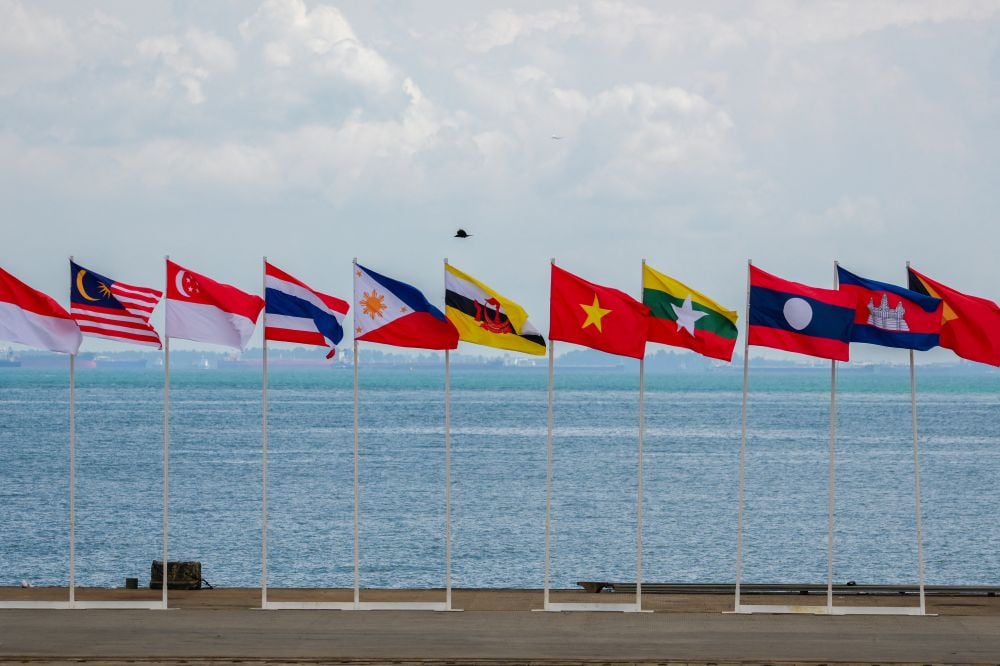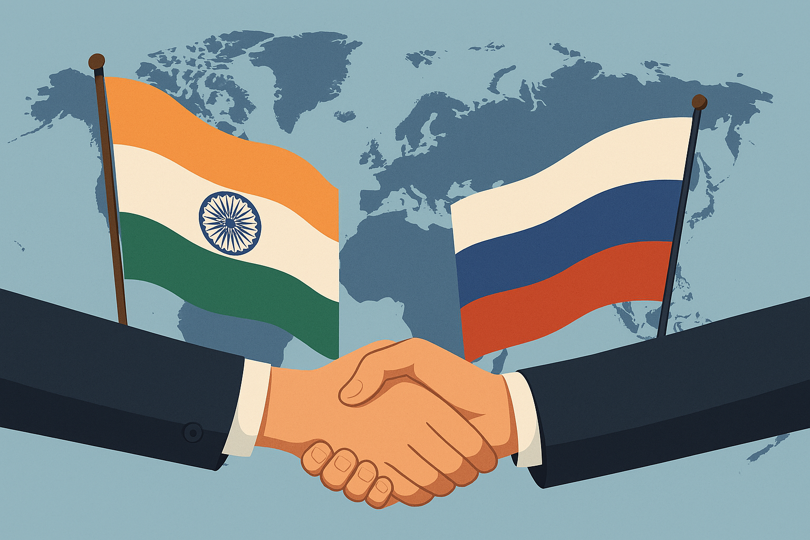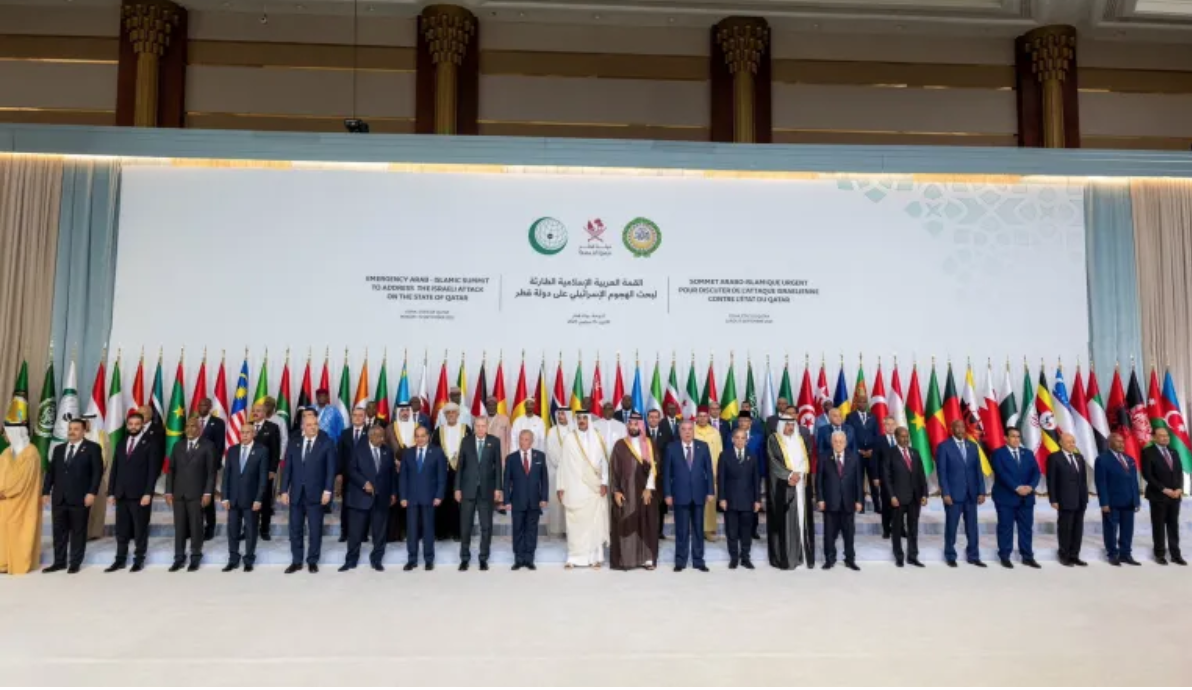The ongoing attempts to negotiate an end to the Russia-Ukraine war reveal a profound transformation in the foreign policy posture of the United States. After years of confrontation, sanctions, and military assistance to Kyiv, Washington now appears to be embracing a more pragmatic and transactional approach. This shift reflects both the fatigue of prolonged conflict and a recognition of the evolving multipolar world, in which military dominance must coexist with economic and diplomatic compromise.
Recent diplomatic developments underscore this recalibration. High-level US-Russia dialogues, such as those in Riyadh, suggest a cautious reopening of communication channels once deemed politically impossible. These talks, which reportedly aim to restore embassy staffing, support peace negotiations, and explore economic cooperation, indicate that Washington no longer defines success exclusively in military or moral terms. Instead, the United States seems increasingly guided by geo-economic strategy, which is a recognition that global leadership now depends on control over supply chains, critical minerals, and emerging technologies rather than territorial contests.
This logic is most evident in the unfolding discussions over Ukraine’s vast mineral wealth. With its deposits of lithium, titanium, and graphite, resources that are essential for energy transition, defense production, and advanced technologies, Ukraine has become central to the competition for strategic materials. The United States seeks to secure investment access and reshape supply networks away from China, while Kyiv insists on security guarantees and territorial integrity as prerequisites. These negotiations expose the tension between economic opportunism and moral responsibility: Washington’s pursuit of material advantage contrasts with Ukraine’s existential struggle for sovereignty.
The internal dynamics of US politics further complicate this shift. The confrontational exchanges between American leaders and President Volodymyr Zelensky reveal the fragility of bilateral trust. A more transactional US stance of demanding repayment for past aid or prioritising domestic economic gain, risks alienating Kyiv and undermining Western unity. Such episodes highlight how populist and short-term considerations increasingly shape foreign policy, turning diplomacy into a stage for domestic posturing rather than sustained strategy.





